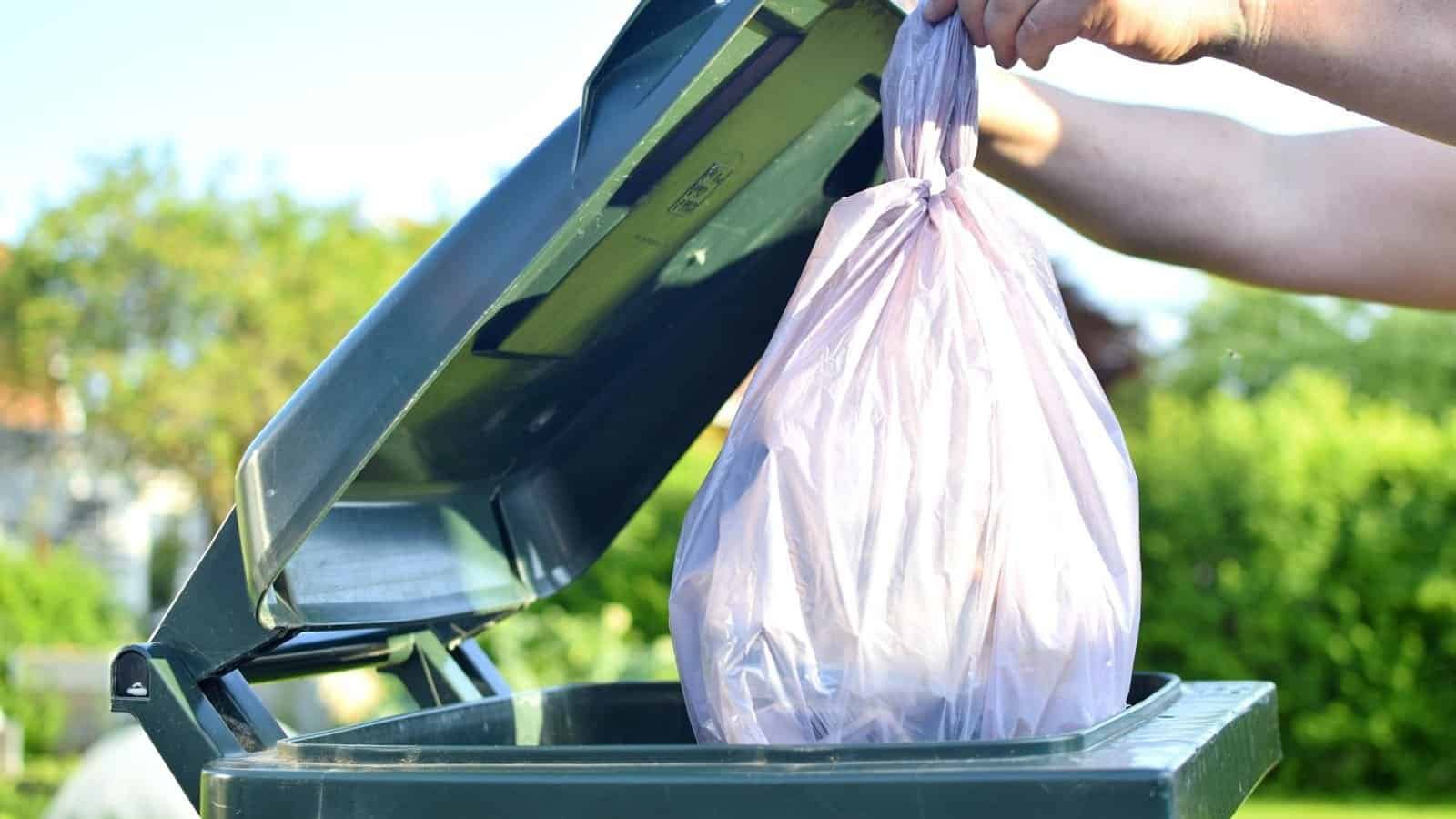Some of your everyday actions that you consider harmless, might raise an eyebrow with the laws in the United States of America (“USA”). From sharing your login credentials to tossing your old phone, the local and state laws can bear surprising twists. Let’s find out some surprising everyday activities that can get you in trouble, depending on the places you live.
Trespassing through cyberspace

When we visit a coffee place or just on the pathway near a coffee shop, it is a common practice to use the free Wi-Fi for that quick text or quick work mail. But this can get you in trouble sometimes in some states in the USA, such as California. California’s Penal Code 502 PC considers unauthorized access as “stealing” Wi-Fi. Hopping on the free Wi-Fi is often termed as “piggybacking”, which is a crime in many states in the USA punishable by a fine and sometimes jail. Although it is not a common practice of courts as free Wi-Fi involves explicit permission of usage, this might sometimes get you in trouble.
Free music frenzy

In the era of Spotify and Apple Music, the craze for downloading music or pirated files has lessened over age. Still, sometimes, the urge to watch the recently released movie in advance can land you in trouble.
When a pirated version of any music, video, or movie is downloaded, the copyright laws are broken by the people. Owning the pirated file you downloaded years ago can still cause legal problems if it’s still on your mobile device or computer. That unauthorized download from BitTorrent and other peer-to-peer systems can get you in trouble under Section 501 and 506 of the United States Code.
Curb the urge to eat before you pay

It’s a very common urge in the minds to curb the hunger pangs while waiting in the payment queue. But those packets of chips can get you in trouble in some states in the USA like New York. It is a common practice to eat before you pay, but it is not a crime until you remember to pay for it before leaving. The memory loss can get you in trouble under the charge of “shoplifting”. The Cambridge Dictionary terms shoplifting as “an illegal act of taking goods from a shop without paying for them”. Therefore, it is rightly said that “never go shopping when you’re hungry”.
Sharing Medication

Many studies say that, more than any other age group, 18-25 year olds commonly misuse prescriptive drugs with their friends and family. Sharing prescription controlled substances is illegal under the Federal and many State Laws in the USA. This can be dangerous for your family, as these medications can have deadly side effects, especially when taken by someone they weren’t prescribed to.
Jaywalking

Although Jaywalking is not commonly considered a crime in the laws of several countries, depending on the jurisdiction, It is either an infraction or a misdemeanor (non-indictable crime).
We can easily cite many pedestrians in Boston crossing the pathways without following the signals but pedestrians who cross the street without using a crosswalk or not correctly following the signals may be cited for Jaywalking.
Pedestrians in the USA have the “right of way,” but that right is restricted to using the pathway legally. The safety precautions and road rules must be properly followed to avoid the charges of such petty offenses in future.
Possessing a felt tip or permanent marker

This is cautionary advice for all the artists out there. Due to their potential to be used for vandalism, many states in the USA like California, Florida, New York City and many more, do not allow you to possess or accept a gift of a permanent marker, felt tip marker or any paint. Possession of such material will be charged with misdemeanor in California.
Disposing out e-waste

Being lazy is okay, but not when you get bored with your old mobile phone and decide to just throw it off.
E-waste is the fastest-growing waste stream in the USA, and many state laws prohibit the disposal of broken cell phones in the open. E-waste represents 2% of America’s trash in landfills, but it equals 70% of overall toxic waste. Mobile devices are made of chromium, mercury, lead and other heavy metals, that release toxins harmful for the groundwater. So, think before you dispose of such e-waste. There are many take-back programs introduced by the American Government to curb such disposal of E-waste.
Driving under the Speed Limit

Although it is common to hear that driving above the speed limit can attract a penalty, the American states can also charge you for driving way below the speed limit. It can get you in trouble for driving too slowly that you block or impede the traffic flow.
There is no specific law that bans or restricts you from driving slowly, but state legislation prescribes to not drive the vehicle too slowly and furthermore, directs the vehicles driving below the average speed, to be in a designated lane for slow traffic flow. So, keep this in mind when you miss that turn and unintentionally lower the speed suddenly.
Honking before a sandwich shop in Arkansas

Arkansas State law prohibits honking on any vehicle at any place where cold drinks and sandwiches are served after 9pm. This may lead to a fine for honking in the drive-through. Such weird laws still exist in many states like Arkansas to avoid the unnecessary noise pollution and the disturbances created to the neighborhood after 9pm.
Distracted Walking

Although not much spread, “distracted walking” has been banned in Honolulu. Distracted walking is looking at mobile phones, texting or using digital devices while crossing the road. Honolulu is the first among the US states to introduce distracted walking as an offense with some exceptions to curb the injuries. Hawaii also has the same laws, after which Oahu has seen a major fall in road injuries.
These things can make you rethink and buckle up your everyday habits that can land you in trouble in the United States.
